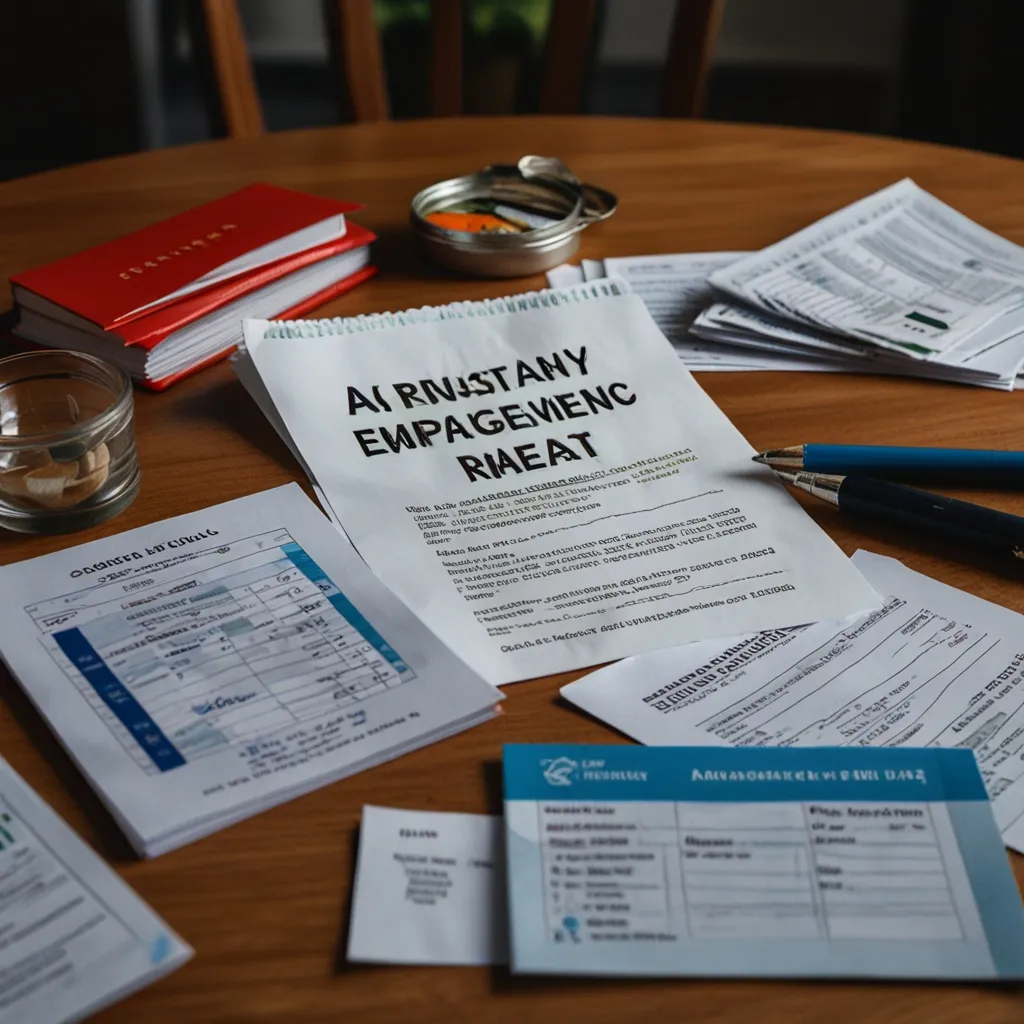When thinking about financial planning, most people aim to build an emergency fund, but true preparedness involves much more. It’s all about crafting a strategy that covers various emergencies—job loss, medical crises, natural disasters, or even unexpected home repairs. Here’s a guide on creating a robust financial emergency plan to cover all the bases.
First, get a good understanding of the risks you might face. We often think about disasters like hurricanes or floods, but personal crises such as job loss, disability, or the death of a family member are also crucial. Imagine if you’re the primary breadwinner and suddenly lose your job—how would you manage? Having a clear picture of these risks makes preparation more meaningful.
Next, dive into building a comprehensive plan. Start by taking a hard look at your current financial situation. What are your income sources? Do you have sufficient insurance coverage, retirement savings, and how’s the debt looking? Make sure your wills and estate plans are up-to-date. It’s also a good idea to have a list of contacts who can help you find a new job if you’re downsized.
An emergency savings fund is vital, but don’t let that be your only safety net. Aim to save enough to cover 3 to 6 months of expenses in an easily accessible account. This way, if your car breaks down or an unexpected medical bill shows up, you’re not immediately diving into debt. It’s definitely a lifesaver.
Insurance coverage is another crucial piece of the puzzle. Double-check that you have adequate home, health, and life insurance. Not all policies are the same, so read the fine print. For example, standard homeowners insurance doesn’t usually cover flooding, so you may need separate flood insurance. It’s all about covering all possible hazards.
Keeping some cash at home is also a smart move. Imagine there’s a natural disaster, and ATMs and credit card machines are down. Having small bills stashed in a safe spot can help you buy essentials, like fuel or food when you really need them.
Organizing your financial documents is a must for quick recovery in an emergency. Keep important documents like photo IDs, birth certificates, Social Security cards, and insurance policies in a safe place—a safety deposit box, an external drive, or even in the cloud. This way, you can easily access them if you need to apply for disaster assistance or re-establish financial accounts.
If you’re self-employed or run a small business, business continuity planning is a no-brainer. Think about how you can keep things running if there’s a major shutdown. Maybe you can fulfill orders using existing inventory or get support from other locations. The goal is to ensure your business can stay afloat even during a crisis.
For organizations, keeping key employees after a catastrophic event is critical. Consider whether you need insurance to cover labor costs and other measures to maintain your workforce. Offering things like temporary relocation assistance or emotional support can make a world of difference during tough times.
Managing costs becomes super important after a disaster. Some expenses, like labor costs, utility bills, and insurance premiums, will continue no matter what. Have a plan to mitigate these costs, like consolidating debt or eliminating non-essential expenses to free up funds for recovery.
Knowing about government assistance programs can be part of your emergency plan. If you lose your job or face a medical emergency, knowing how to apply for unemployment benefits or other forms of aid can be a lifesaver. Have the necessary documents ready, like your Social Security card and proof of income.
Communication is key in an emergency. Make sure all family members know where to find important documents and who to contact. Relationships with professionals like your insurance agent, accountant, or financial planner can provide valuable support when needed.
Financial preparedness isn’t a one-and-done deal; it’s an ongoing process. Regularly review and update your plan to reflect changes in your financial situation and evolving risks. If you move to an area prone to natural disasters, update your insurance coverage and emergency plan accordingly.
Switching to electronic payments for benefits like Social Security can also protect you from mail service disruptions during a disaster. It’s a safer and more reliable way to access your funds, minimizing the risk of stolen checks.
Protecting your financial and personal records is crucial for quick recovery. Keep copies of important documents handy—housing payments, insurance policies, and tax statements. They help re-establish financial accounts and apply for disaster assistance if needed.
The stress of disasters can be overwhelming, especially for kids. The more prepared everyone is, the better they can handle it. Discuss your plan with family members so everyone knows what to do if something happens, building emotional resilience along the way.
Don’t overlook community resources. Many government and local programs offer free or low-cost financial services. For example, FEMA and Operation Hope provide the Emergency Financial First Aid Kit (EFFAK) to help kickstart your financial preparedness.
In the end, financial emergency planning goes beyond just having an emergency fund. It’s all about a comprehensive strategy that touches all aspects of your financial life. By understanding your risks, building a strong plan, and maintaining preparedness, you’ll be ready to navigate any financial emergency with confidence and resilience. After all, preparation is the key to minimizing financial loss and ensuring a quicker recovery when disaster strikes.






